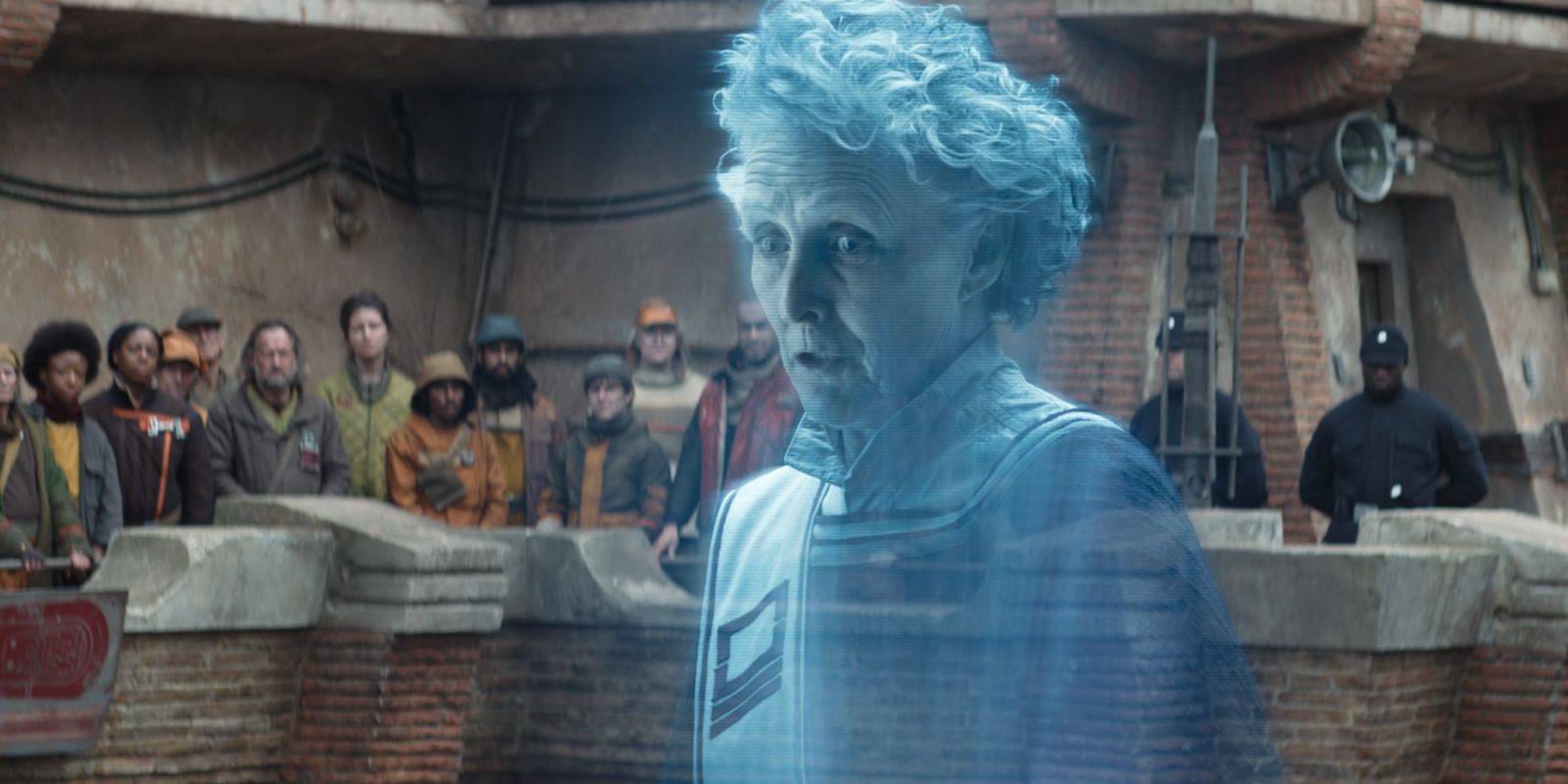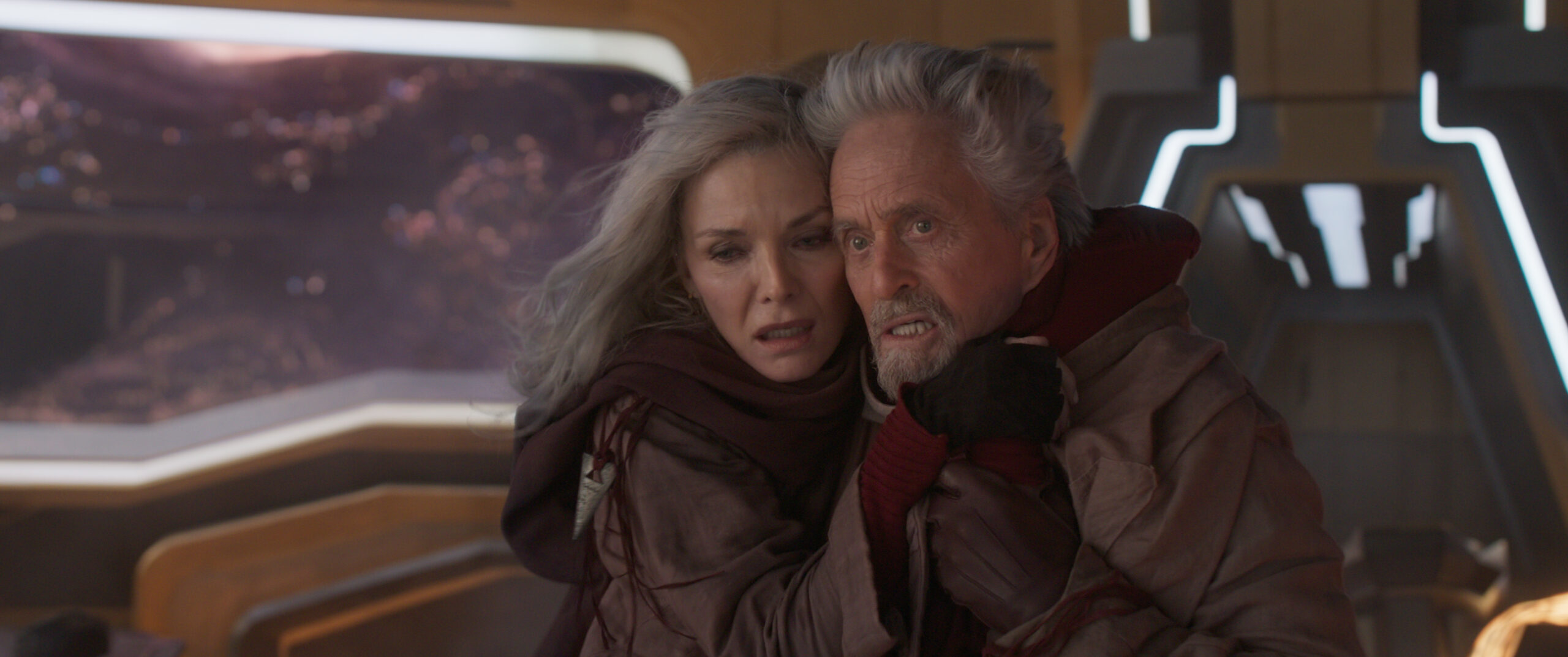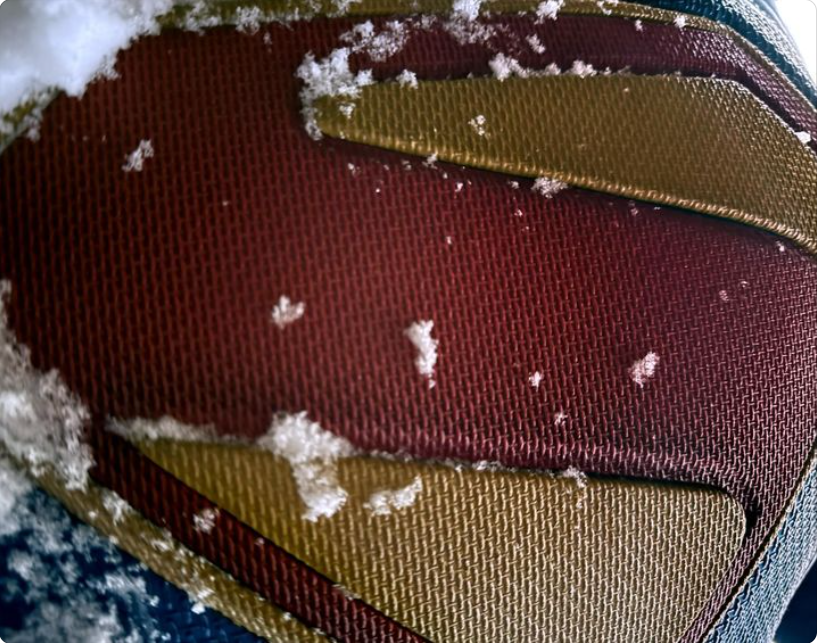![]()
HELL OR HIGH WATER is definitely one of the indie films you have to check out this year.
Set in modern day West Texas, two brothers are set in robbing banks to save a ranch from an auction. With these string of robberies, two buddy cops are on their tail to put a stop on these bank heights. With great dialogue, story twists and drama, HELL OR HIGH WATER proves to be one of the best indie films this year.
LRM had a chance to connect with director David Mackenzie for a phone interview to discuss the film. We talked a lot about genre films, Texas-American culture, the cast and the plotlines.
The film stars Chris Pine, Jeff Bridges, Ben Foster and Gil Birmingham.
HELL OR HIGH WATER is available on Blu-ray, DVD and digital download today.
Read the full transcript of the interview below.
LRM: You’ve done so many indie films. What, in particular, drew you to this project of HELL OR HIGH WATER?
David Mackenzie: I just really liked the material. I read the script and felt like it’s something I could do. I felt it was a film being both entertaining and about something. It spoke to me on many, many levels. It was an immediate liking of that material and the potential on what we could do with it.
LRM: Personally, I’ve seen so many bank robbing and bank heist films. What kind of formula were you after to distinguish this film from the rest?
David Mackenzie: I don’t think I was going after any formula at all. All those elements were in the film and they were on what they were. The main interesting thing is to understand on why those things were happening. It was to get under the skin of those characters and the problems of the world. It was the snapshot of the American now.
There weren’t that many bank robberies in it. It is part of the movie. As for a formula, I wanted to make it as authentic, messy and as real as possible.
LRM: I found it fascinating the you managed to establish the feel of real Texas. You included the small banks, diners, attitudes and even with the gun-toting citizens. As a Scottish person, how did you research and try to immerse yourself into this part of the American culture?
David Mackenzie: I spent a little bit of time in West Texas before. When I was there, I spent time in Alpine and really liked it there. I wanted to make a film in that environment a few years earlier. When the script came, I could tap into that. In that environment, I wanted a good look at small town Texas. I surrounded myself with people who knows that world. I don’t know that world that well, but I made sure I am surrounded with people who did.
I am always interested in the authenticity as a filmmaker. It’s very important to do that. Obviously, a lot of the cast were local Texans. Taylor Sheridan’s script is a big part of it. He spent a large part of his childhood there. We had that as a great resource.
LRM: Personally, for you, what did you love about that culture? There are so many different things in that American culture.
David Mackenzie: In my experience with Texans, there is something about their toughness on the surface and everywhere. As soon as you’re inside, there are a lot of generosity and kindness. I recognized that in Scotland, which is similar in those ways. On the surface, people seem to be rough and tough. As soon as you get to know them, they have a soft center there.
There are a lot of self-reliance. It’s a very large landscape world and you should look after yourself. That felt very strong and interesting. I thought the landscape, open space and the light were all beautiful. Just driving through that landscape, it felt really beautiful. Partly, I’m not American and look at things with fresher eyes.
LRM: Now I’ve read online that many critics tried to classify this film as a modern western. I would disagree.
David Mackenzie: I think it’s multiple things. There’s a little bit of wester there. There’s a little bit of crime drama in there. There’s even part of a family drama in there. It’s also a buddy movie. It’s also a road movie. More importantly, it’s a snapshot of contemporary America.
In a way, I think it’s a multi-genre thing. I don’t mind people think it’s a western. A lot of themes are kind of westernish. But, I don’t think it’s all there is.
LRM: I’ve read in many interviews with you—they always ask that same question. Which genre is it? You seem to balk at the idea of genre films somewhat. Is there something wrong with the word “genre?â€
David Mackenzie: [Laughter] There’s nothing wrong with the word “genre.†There’s a bit of limitation on what a genre is. I’ve always against genres when I was younger, because it was thought to be unoriginal. The last few films were kind of genre films. The last film was inescapably a prison movie.
I feel more comfortable in talking about it now. I’ve shoved off my anxiety to think that it’s not original. In the past, I felt that films occupying in genre space were comparatively very limited. I’ve obviously got over that one.
There’s nothing wrong with the word “genre.†It’s not a dirty word.
LRM: Would you consider this film subtly political? You have race mockeries, gun-craze vigilantes, and out-of-touch bankers.
David Mackenzie: I think it’s completely political. It’s what interesting about the film. It’s about the dispossession of North America and even something with the President-to-be. It’s very interesting, because it was film over a year and a half ago. It ended up to become the reality. It felt kind of strange that we find ourselves swimming in similar waters. It turned out to have more resonance that we thought it would.
![]()
LRM: Absolutely. Let’s talk about the cast. You have a wonderful cast and they put out a wonderful performance. There were also the awesome display of relationships between Jeff Bridges and Gil Birmingham—and then with Chris Pine and Ben Foster. How did you managed to develop this type of cast? The persons in real life seem very opposite of each other.
David Mackenzie: It’s the combination of good casting, great acting, hopefully good directing and even with great material. It’s cooking it up on the days are what I’m always talking about. It’s very pre-set where there’s a lot of room to explore the material. We just worked hard and made it come alive on the day. It ended up beautiful. And it’s all thanks to the cast. As a director, I loved working with the cast to get that authenticity out of the material. I think we did a really good job.
LRM: I did like that you inserted certain humorous aspects with Jeff Bridges insulting Gil Birmingham with the racial comments throughout the entire movie.
David Mackenzie: They started off as insults. Towards the end, it started to become affections. When you first hear it, you are a bit shocked. Later, you’ll see it as a bit of teasing and affection. It’s a lot of male articulacy in a way. Gil’s character gets to be the most articulate in his speech on the porch about the Comanche land.
LRM: Was there imrov going on there too?
David Mackenzie: Yeah, there were quite a bit of improv. It’s looking for the humor. It is a serious film. It’s exploring on what could come up despite these awful situations. It’s one of those things that I’m most happy with in this film—to take this serious story and input some fun in a few places.
![]()
LRM: I’ve also heard that Chris Pine was only on the set for two or two and half weeks.
David Mackenzie: It was very, very quick.
LRM: Did that proved to be the greatest challenge on this production?
David Mackenzie: It wasn’t a challenge. It was a good thing. It meant that we had to shoot all the important stuff sequentially. So now you’re exploring the material as it was unfolding. It would mean we would have a bit of outlaw quality on how we were doing things. It helped with those characters.
It was really good fun. The intensity of those two and a half weeks was great. It wasn’t a challenge. It did mean there was a lot to do. But, that’s normal.
LRM; What would you suppose was the greatest challenge for this project if that wasn’t it?
David Mackenzie: Ithink the most challenging was the end scene. It was Chris’s last scene and Jeff’s first scene. It was a lot of dialogue and a lot to do in one day. That was certainly challenging.
There’s also a lot of car stuff. It’s trying to keep that car stuff interesting. It’s always a challenge in filmmaking. There are limited ways for shooting the driving stuff. That was definitely one of them.
Every day, it poses its own challenge. I do look back upon it as a challenging shoot. It was a very joyful and fun shoot. We were a family. We all socialized together. I had a nice time in New Mexico.
LRM: Great answer. Speaking of New Mexico—how did you make New Mexico look a whole lot like West Texas? Or does it really look similar?
David Mackenzie: It’s very easy in doing that by shooting three miles from the Texas border, in which we did in this place called Clovis. It’s pretty much is Texas. We had to film in New Mexico for financial incentive reasons. I really wanted to shoot in Texas, but it was straining the time schedule we already had. We tried to be closest as we could. We did a lot of scouting in Texas and try to replicate that world as much as possible.
LRM: Let’s start wrapping it up on my end here. Could you talk about any future projects you may have?
David Mackenzie: I don’t have anything coming fully together at the moment. There are just a couple of things. I just finished shooting a pilot called DAMNATION for USA Network. It’s an interesting show about striking farmers in the 1930s. They were facing dirty tricks and with Pinkerton strikebreakers. It’s pretty cool. That’s just finishing up now. And then I’m not sure on what I’m doing next.
HELL OR HIGH WATER is available on Blu-ray, DVD and digital download today.
Source: Exclusive to LR





